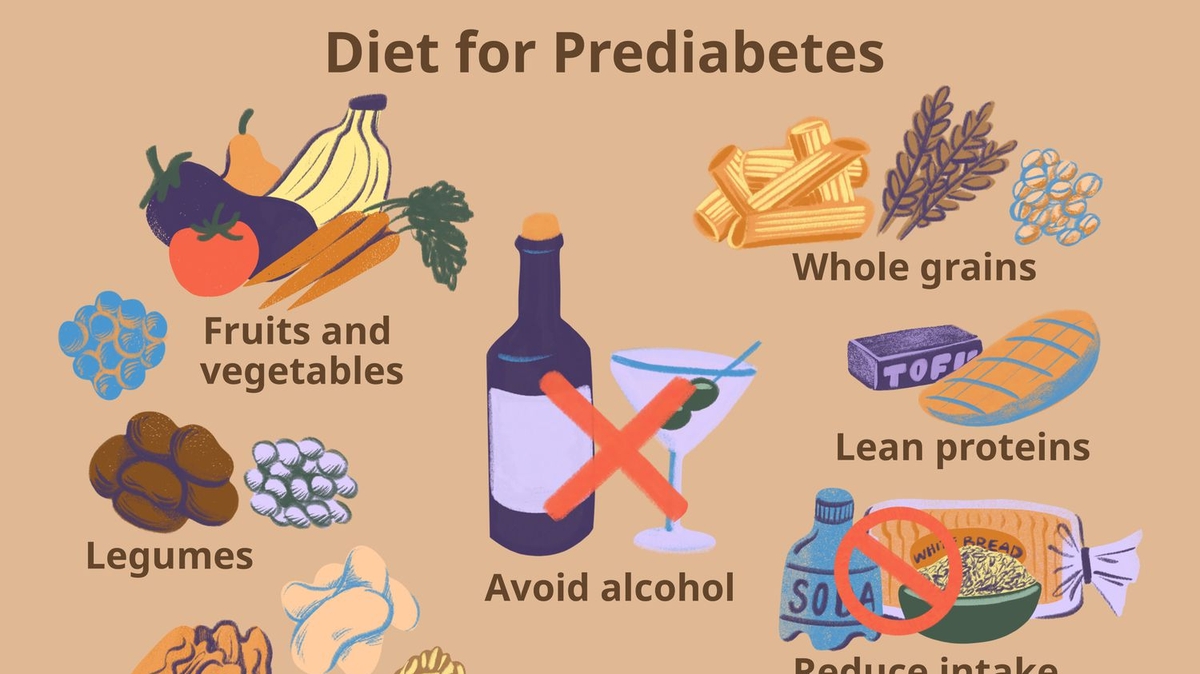
The Crucial Role of Nutrition in Preventing Diabetes
Research continues to underscore the undeniable link between a healthy diet and the prevention of diabetes. This holds true even for individuals with prediabetes, a condition that signifies an increased risk of developing full-blown type 2 diabetes. By making informed food choices, it’s possible to halt the progression of diabetes in its tracks. The promise of dietary interventions in managing and preventing this disease provides a beacon of hope for those at risk.
Foods that Help Prevent or Manage Type 2 Diabetes
According to research, certain foods can have a significant impact on preventing or managing type 2 diabetes. These include nuts, green leafy vegetables, fish, and dairy. Incorporating these foods into a regular meal plan can help manage blood glucose levels and reduce the risk of diabetes. Parallelly, following a Mediterranean diet, known for its balance of healthy fats, lean proteins, and complex carbohydrates, can also prove beneficial in diabetes prevention [source].
Simple Steps to Protect Against Diabetes
Preventing diabetes isn’t solely about food choices. Lifestyle changes, such as increasing physical activity, avoiding risk factors like alcohol consumption, smoking, and poor sleep, are just as critical. Regular consultation with a healthcare professional can offer guidance on implementing these changes for optimal results [source].
Pistachios: A Healthy Nighttime Snack for Prediabetics
A recent study underscores the potential of pistachios in managing prediabetes. Consuming these nuts as a nighttime snack was found to help control morning blood glucose levels. This offers a healthier alternative to carbohydrate-rich nighttime snacks and aligns with the dietary guidelines for U.S. adults [source].
The Importance of Lifestyle Changes: Kelly Clarkson’s Story
Celebrity Kelly Clarkson’s experience with prediabetes highlights the importance of lifestyle changes in preventing type 2 diabetes. Focusing on a healthy mix of diet and exercise, she has been actively working to reduce her risk. Her story is a reminder that while genetics play a role in diabetes, lifestyle changes can significantly influence the outcome [source].
The Role of Fiber in Diabetes Management
Adding fiber to the diet is an effective strategy for managing diabetes. It improves blood glucose control and can lead to weight loss. The American Diabetes Association recommends a minimum of 14 grams of fiber daily per 1,000 calories for people with diabetes. However, it is crucial to increase fiber intake gradually to avoid digestive symptoms [source].
